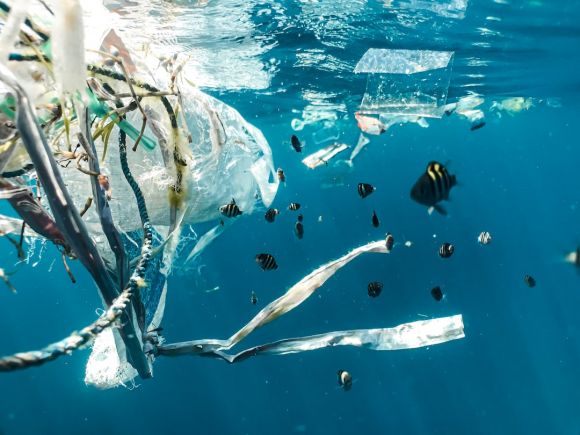Plastic pollution has become an alarming issue in recent years, with devastating consequences for our environment. Single-use plastics, in particular, are a major contributor to this problem. From plastic bags and straws to water bottles and food packaging, these items are used once and then discarded, often ending up in our oceans and landfills. The impact of plastic pollution is far-reaching, affecting our wildlife, ecosystems, and even human health. However, there are steps we can take to reduce our reliance on single-use plastics and minimize their harmful effects.
The Environmental Impact of Single-use Plastics
Single-use plastics have a significant environmental impact, primarily due to their long-lasting nature and improper disposal. Plastics can take hundreds of years to decompose, leading to a buildup of waste in our environment. It is estimated that over 8 million metric tons of plastic enter our oceans every year, endangering marine life and disrupting delicate ecosystems. Additionally, plastic pollution on land can contaminate soil and water sources, posing a threat to wildlife and human health.
Ways to Reduce Single-use Plastics
1. Embrace Reusable Alternatives
One of the most effective ways to reduce single-use plastics is to embrace reusable alternatives. Invest in a sturdy, reusable water bottle and bring it with you wherever you go. Similarly, bring your own shopping bags instead of relying on plastic ones. By making small changes like these, you can significantly reduce your plastic consumption over time.
2. Say No to Plastic Straws
Plastic straws are one of the most commonly found items in beach cleanups and are particularly harmful to marine life. Next time you order a drink, politely ask for no straw or consider using a reusable metal or bamboo straw. This simple action can help prevent countless plastic straws from ending up in our oceans.
3. Choose Sustainable Packaging
When shopping for groceries or other products, opt for items with minimal packaging or packaging made from sustainable materials. Look for products that use biodegradable or compostable packaging alternatives, such as cardboard or plant-based materials. By supporting companies that prioritize sustainable packaging, you can help drive the demand for more environmentally friendly alternatives.
4. Support Plastic Recycling Initiatives
While reducing our reliance on single-use plastics is crucial, recycling can also play a role in minimizing their impact. Support local recycling initiatives and make sure you are properly sorting and disposing of your plastic waste. Educate yourself on what can and cannot be recycled in your area, and take the necessary steps to ensure your plastic waste is being processed correctly.
5. Spread Awareness
Lastly, spread awareness about the impact of plastic pollution and the importance of reducing single-use plastics. Talk to your friends, family, and colleagues about the issue and encourage them to make small changes in their daily lives. Share information on social media platforms, and support organizations and campaigns dedicated to combating plastic pollution.
Conclusion: Taking Action Against Plastic Pollution
Plastic pollution is a pressing issue that requires immediate action. By reducing our reliance on single-use plastics, we can help protect our environment, wildlife, and future generations. Embracing reusable alternatives, saying no to plastic straws, choosing sustainable packaging, supporting recycling initiatives, and spreading awareness are all important steps we can take to make a difference. It’s time for us to take responsibility for our plastic consumption and work towards a cleaner, healthier planet.
